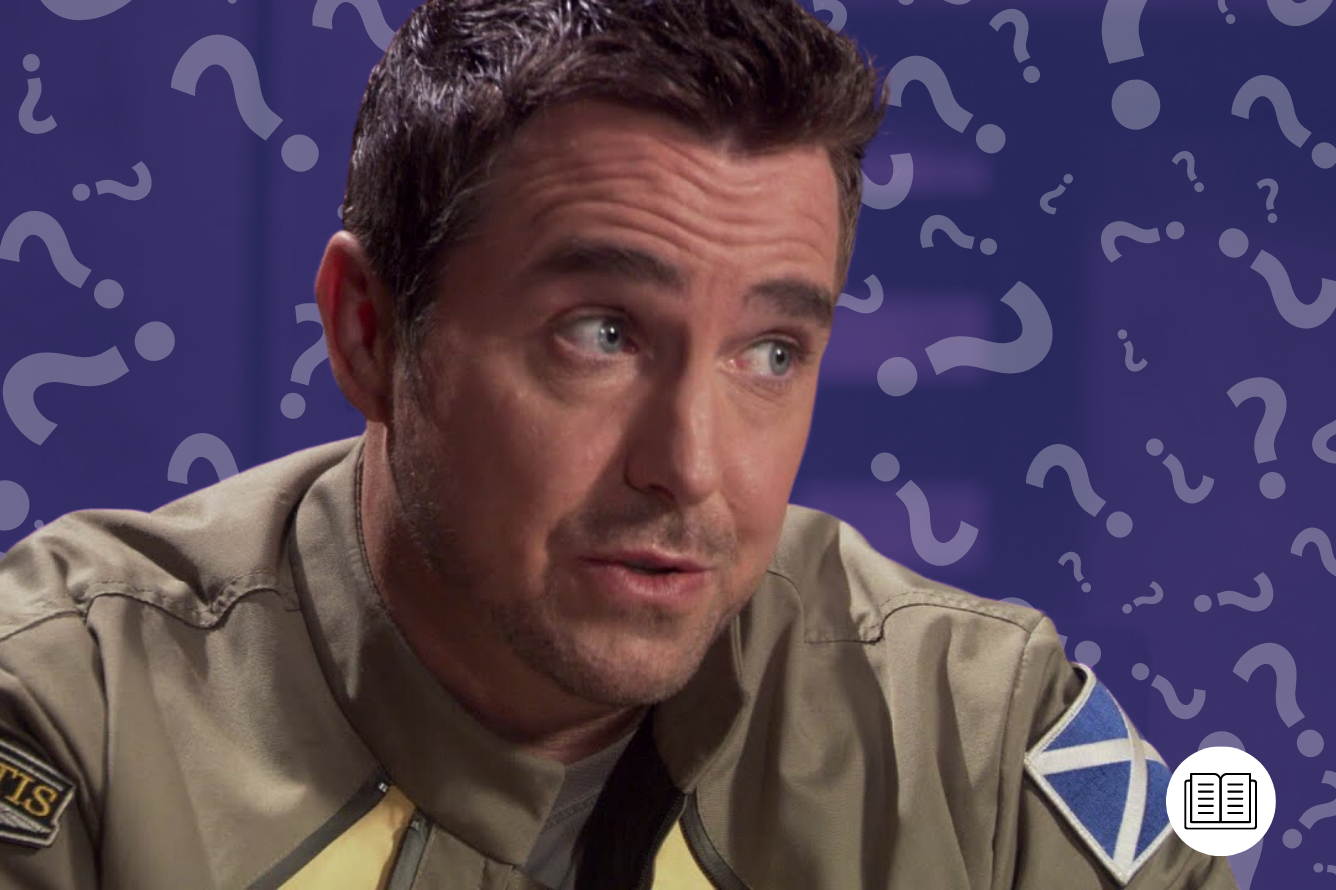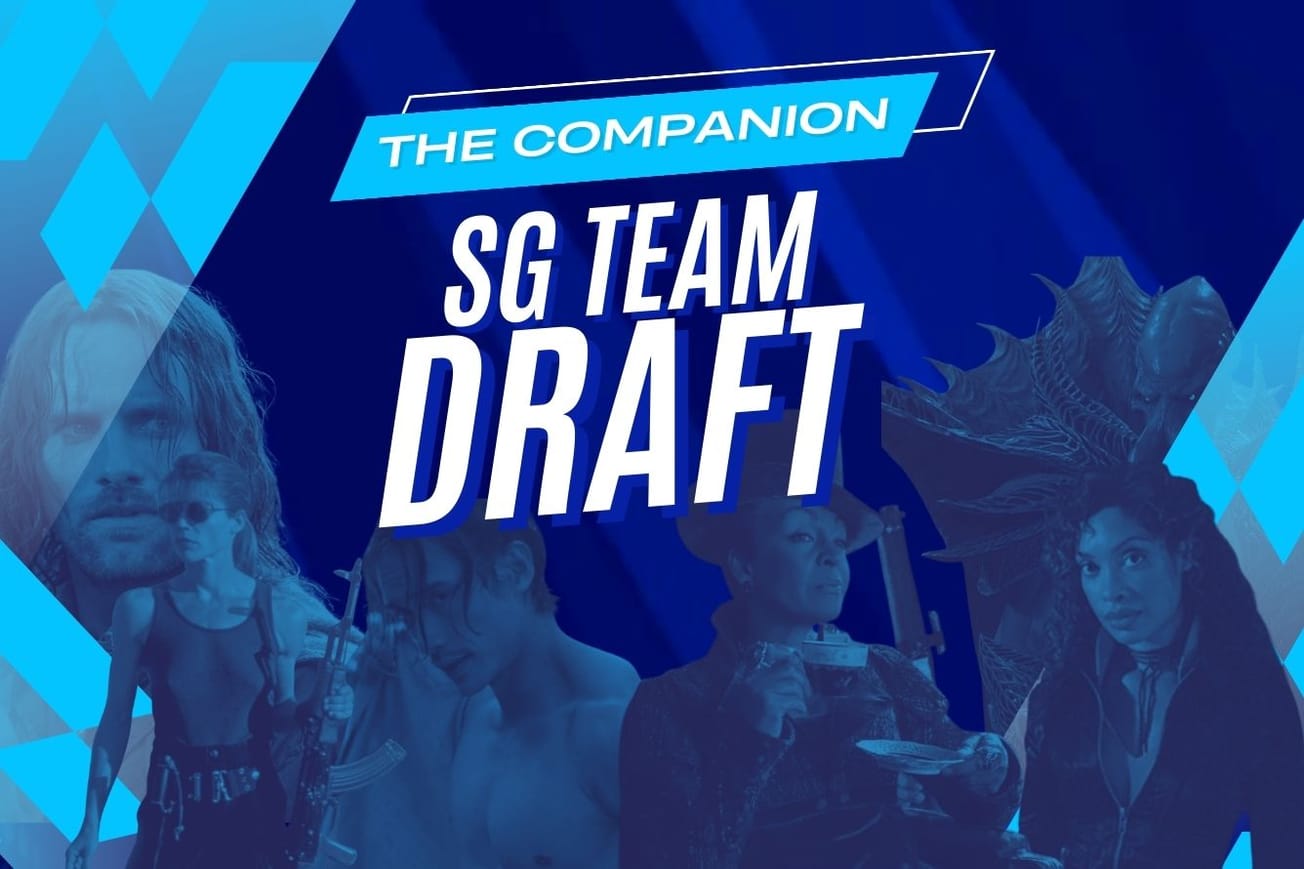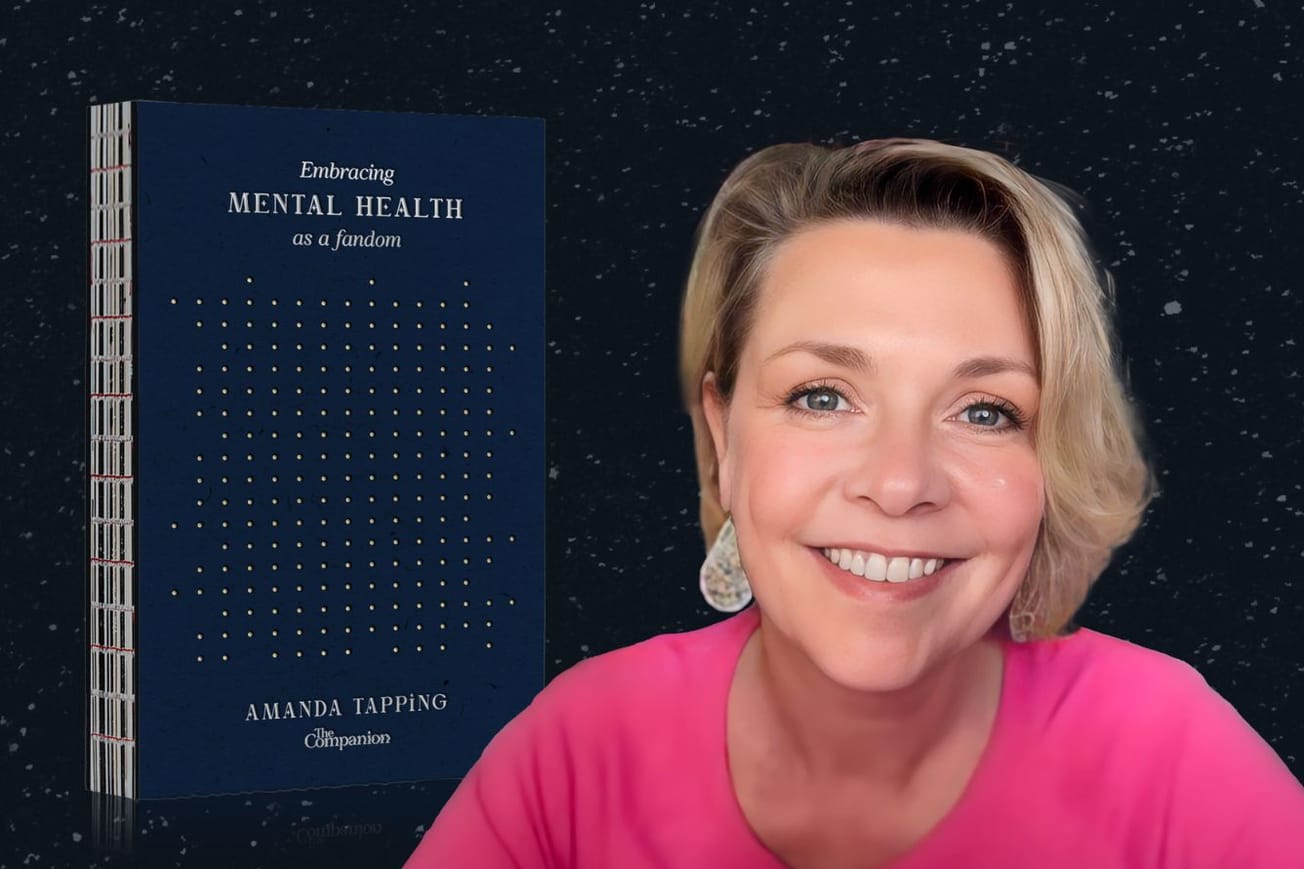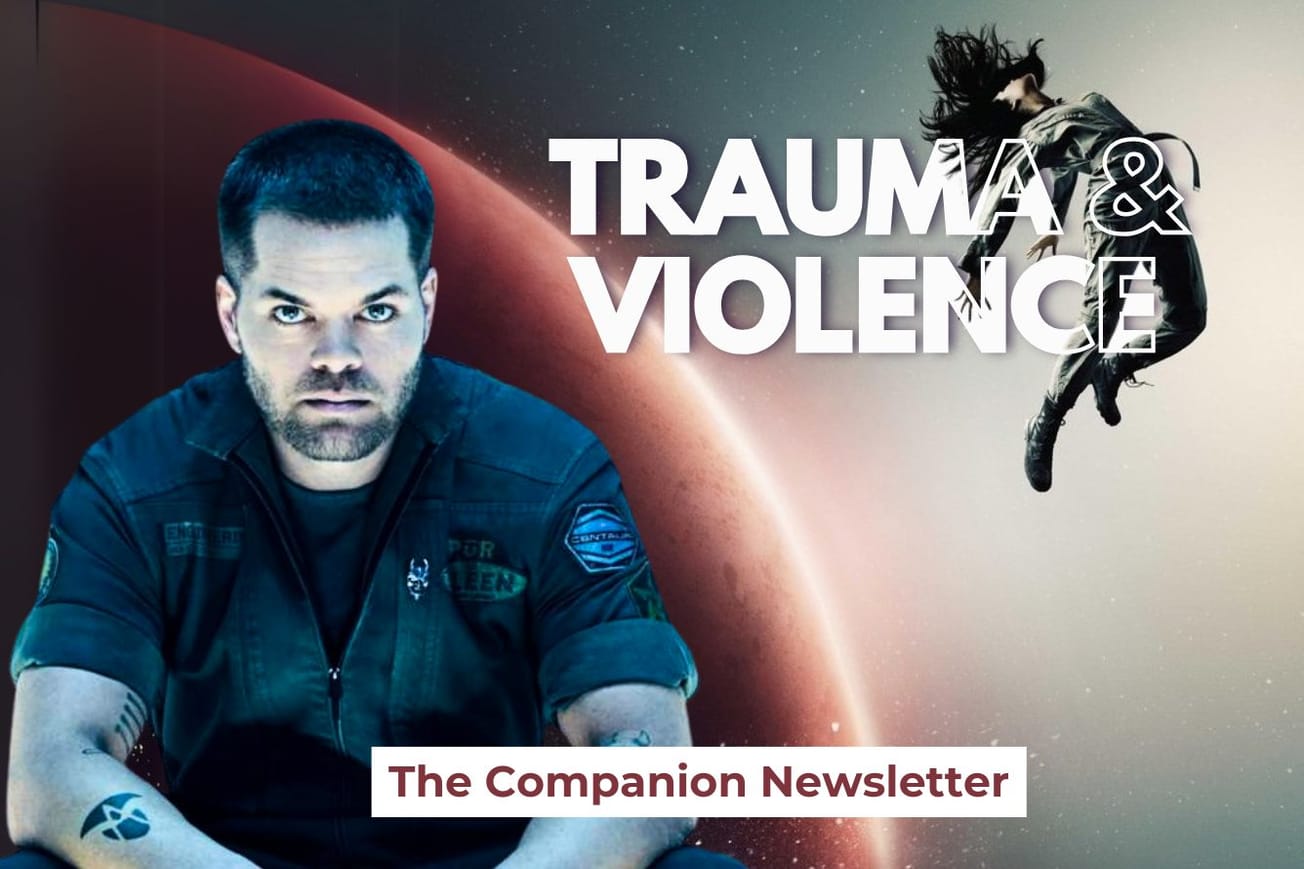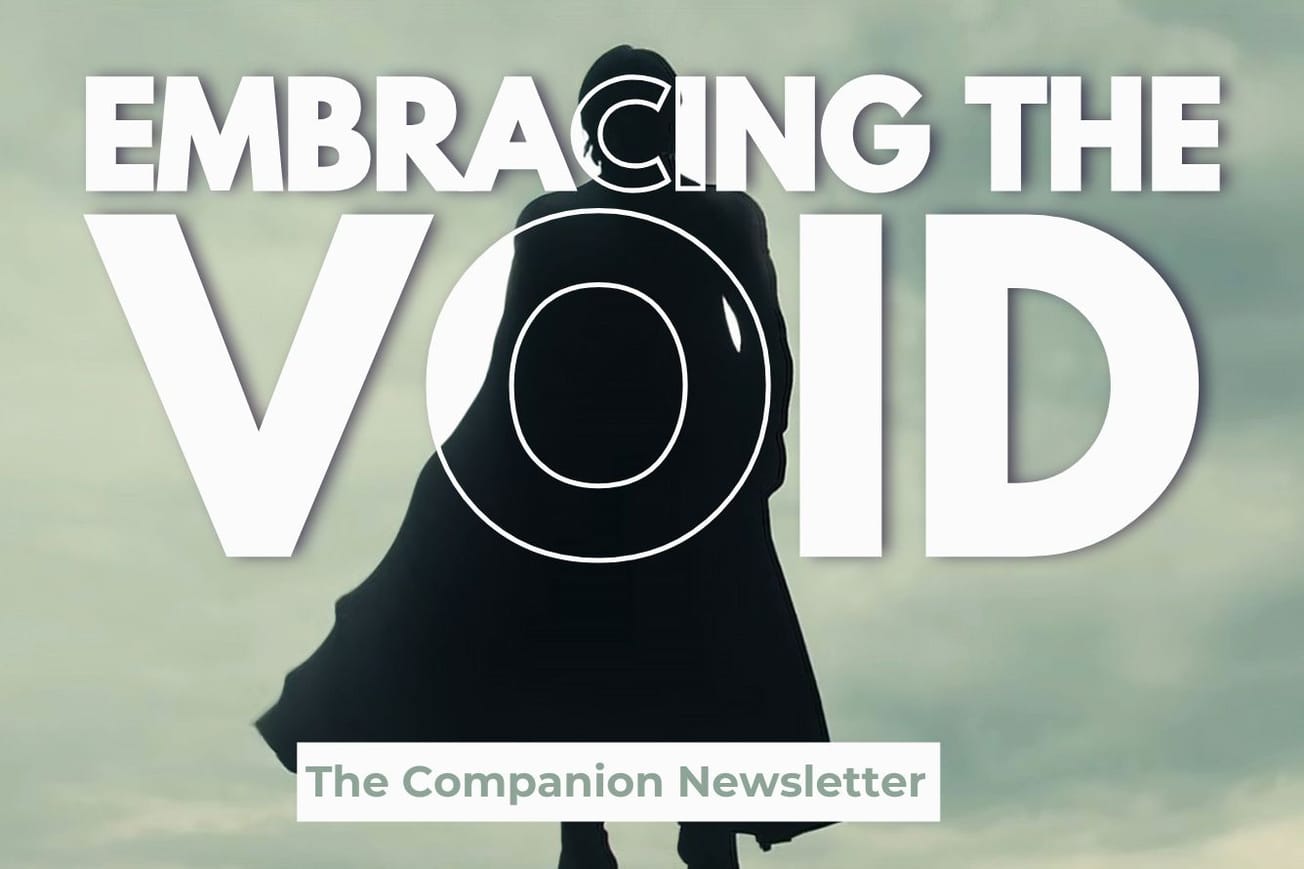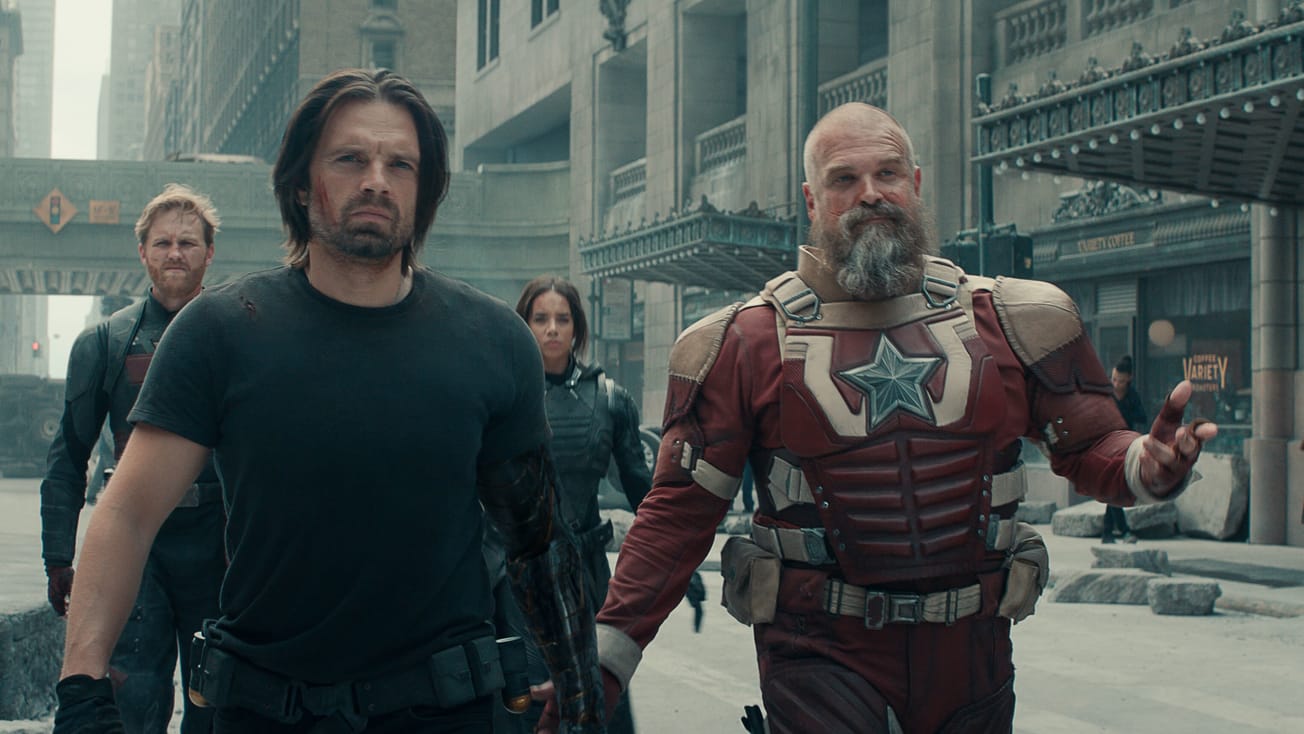What is our likelihood of truly understanding the plight of the people of the Pegasus Galaxy in Stargate Atlantis? If you spend fifteen minutes imagining it, it’s hard to come away with anything but abject horror.
Imagine that reality for the entire history of your family.
Your existence is simply as a food supply, and little more. Your population is allowed to grow to a certain size, and once a certain minimum limit is met, they come. They take. They eat.
“They” are the Wraith, and instead of consuming your flesh, they take the essence of who you are – the handful of years life grants a human being are absorbed into them so they may continue to exist eternally. This thirst is nearly unquenchable. They must keep consuming.
It is a wonder how Pegasus cultures would willingly reproduce, given these awful circumstances. Ending one’s own existence through attrition as an alternative to perpetual, never-ending livestock would be a real option for some. But the persistence of the human spirit, even in the face of implacable odds, is not to be underestimated.
To quote British wartime Prime Minister Winston Churchill in May 1940:
“You ask, what is our aim? I can answer in one word: It is victory, victory at all costs, victory in spite of all terror, victory, however long and hard the road may be; for without victory, there is no survival.”
You can find the rest of the series here.
The Hoffans in ‘Poisoning the Well’
You hide your light under a bushel in Pegasus. You don’t dare let it shine.
Various cultures in the galaxy have approached preserving their race (and advancing) in different ways. The Genii live almost entirely underground, maintaining a façade of agrarian splendor above. The Travelers have managed to cobble together makeshift starships and attempt to evade the Wraith by living in interstellar space.
In the case of the Hoffans in the Stargate Atlantis episode ‘Poisoning the Well’ (S1, Ep7) – their approach is very much the former. Their medical knowledge, indeed their entire history, is concealed from the Wraith in the form of vast storehouses of books, locked away in numerous vaults throughout the Hoffan world. The idea is that if one or two are discovered or destroyed in a bombardment, odds are at least one will survive to educate the survivors of the next culling and carry on.
The Hoffans Race Against Time
The way in which Atlantis is made known of Hoff is never made clear. Perhaps they are discovered with the help of Teyla (Rachel Luttrell) and her diplomatic connections. Maybe they have heard of Atlantis’s reawakening and have sought its people out. Regardless, the encounter which unfolds permanently alters the course of both the Ancient city and the Pegasus Galaxy.
Like all human peoples in Pegasus, the Hoffans have been decimated by Wraith cullings every few generations. This has gone on for ten thousand years. But this planet has chosen to try to do something about it.
Approximately 150 years ago their scientist, Farrol Mylan, managed to identify a protein in the human body that is impervious to the Wraith feeding process. Through experimentation at a secret laboratory, he and his fellows managed to transform this protein into a weapon that prevents humans from being fed upon all together.
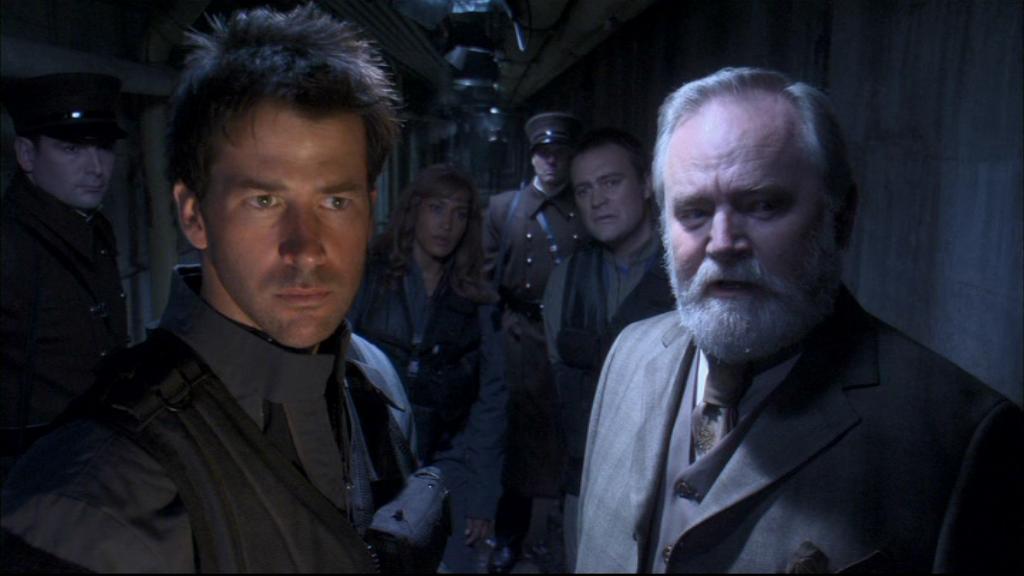
Naturally, this is the Hoffans’ most closely guarded secret. Major John Sheppard (Joe Flanigan) and his team are only made aware of its existence after several days of talks. Hoffan Chancellor Druhin (Alan Scarfe) and the council he represents aren’t taking any chances, and rightfully so. Loose lips sink ships.
At Hoff’s current level of technological development, they are still far from a deliverable drug, but they believe they have 50 more years before their next culling. They have no way of knowing that a recent Atlantis mission has prematurely awakened the entire Wraith collective across the galaxy. Not only does Atlantis need to tell Hoff, but arguably they now have a moral obligation to accelerate the advancement of the drug.
‘Poisoning the Well’ and the Geneva Convention
To that end, and with Dr. Elizabeth Weir (Torri Higginson)’s blessing, Dr. Carson Beckett (Paul McGillion) takes his medical supplies and equipment to Hoff. Perna (Allison Hossack), their leading scientist, marvels at the advancements that have walked through her door.
It is not long before the work is quickly accelerated by decades.
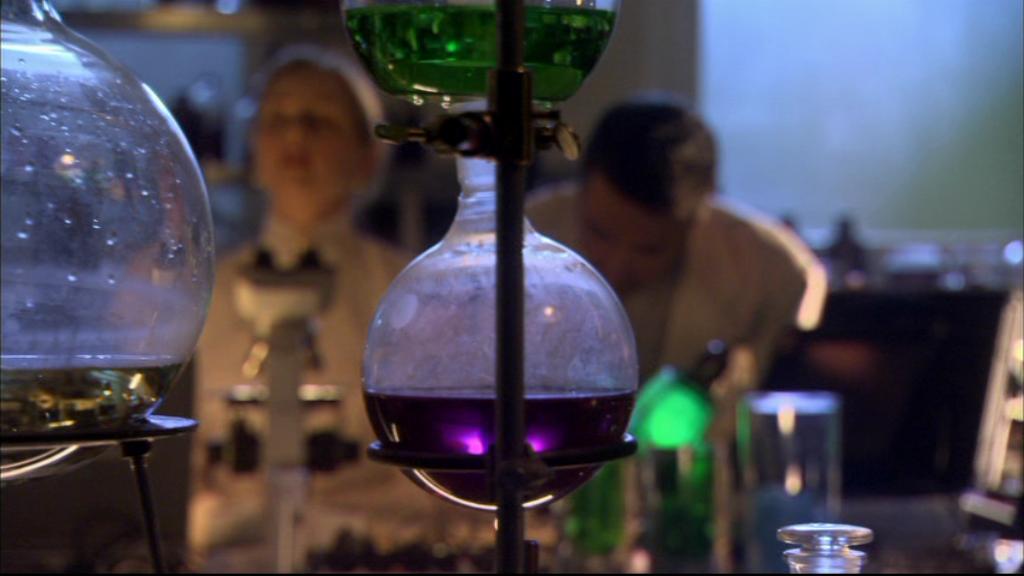
In the meantime, on Atlantis, the Wraith “Steve” (James Lafazanos) paces in his prison cell, slowly starving to death. It has been untold days since he was captured on a previous mission, and despite his growing hunger, he is confident his species will prevail against Atlantis as they once did ten millennia ago.
Soon, the next level of experimentation is completed. One hundred percent cellular penetration across five inoculations. The Hoffans are ready to take it to the next level. Dr. Beckett argues caution, that a more measured pace should be taken before proceeding full-bore into the next potential phase of the project. Hoff is resolute. Particularly now that they know a culling could potentially occur any day.
Major Sheppard informs Dr. Weir of the success of the tests, and Hoff’s eagerness to move forward with the next phase: A living Wraith will need to try to feed upon a human test subject who has taken the drug. Despite the nature of the species, and their need to wipe out humans to survive, Elizabeth is hung up on her convictions. As an expert on international politics, she cautions Sheppard that the Geneva Convention specifically forbids prisoners of war from being used in laboratory experiments. Atlantis’s multinational venture is an outgrowth of the same promises signed and agreed upon 60 years ago:
“The High Contracting Parties specifically agree that each of them is prohibited from taking any measure of such a character as to cause the physical suffering or extermination of protected persons in their hands. This prohibition applies not only to murder, torture, corporal punishment, mutilation and medical or scientific experiments not necessitated by the medical treatment of a protected person, but also to any other measures of brutality whether applied by civilian or military agents.”
But Sheppard is firm in his convictions. Had the Wraith attended the convention they would have tried to eat everyone present. This, and the Wraith are arguably not “persons.” These rules of war cannot possibly apply to this situation.


